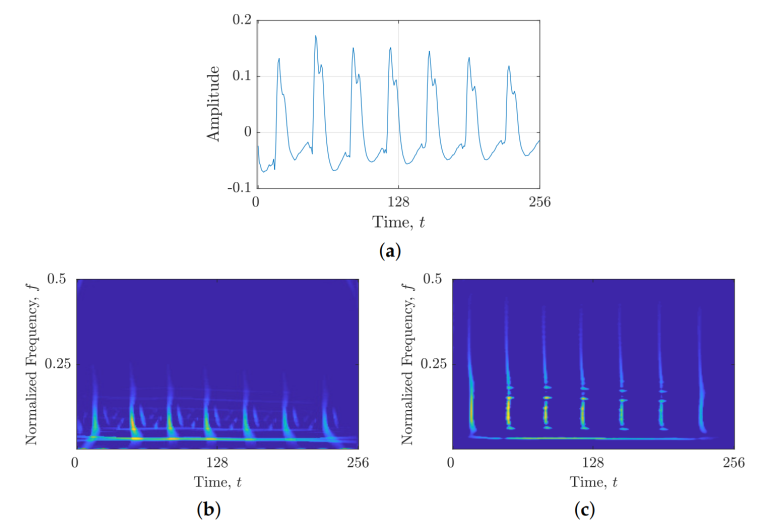
Instantaneous frequency (IF) is commonly used in the analysis of electroencephalogram (EEG) signals to detect oscillatory-type seizures. However, IF cannot be used to analyze seizures that appear as spikes. In this paper, we present a novel method for the automatic estimation of IF and group delay (GD) in order to detect seizures with both spike and oscillatory characteristics. Unlike previous methods that use IF alone, the proposed method utilizes information obtained from localized Rényi entropies (LREs) to generate a binary map that automatically identifies regions requiring a different estimation strategy. The method combines IF estimation algorithms for multicomponent signals with time and frequency support information to improve signal ridge estimation in the time–frequency distribution (TFD). Our experimental results indicate the superiority of the proposed combined IF and GD estimation approach over the IF estimation alone, without requiring any prior knowledge about the input signal. The LRE-based mean squared error and mean absolute error metrics showed improvements of up to 95.70% and 86.79%, respectively, for synthetic signals and up to 46.45% and 36.61% for real-life EEG seizure signals.